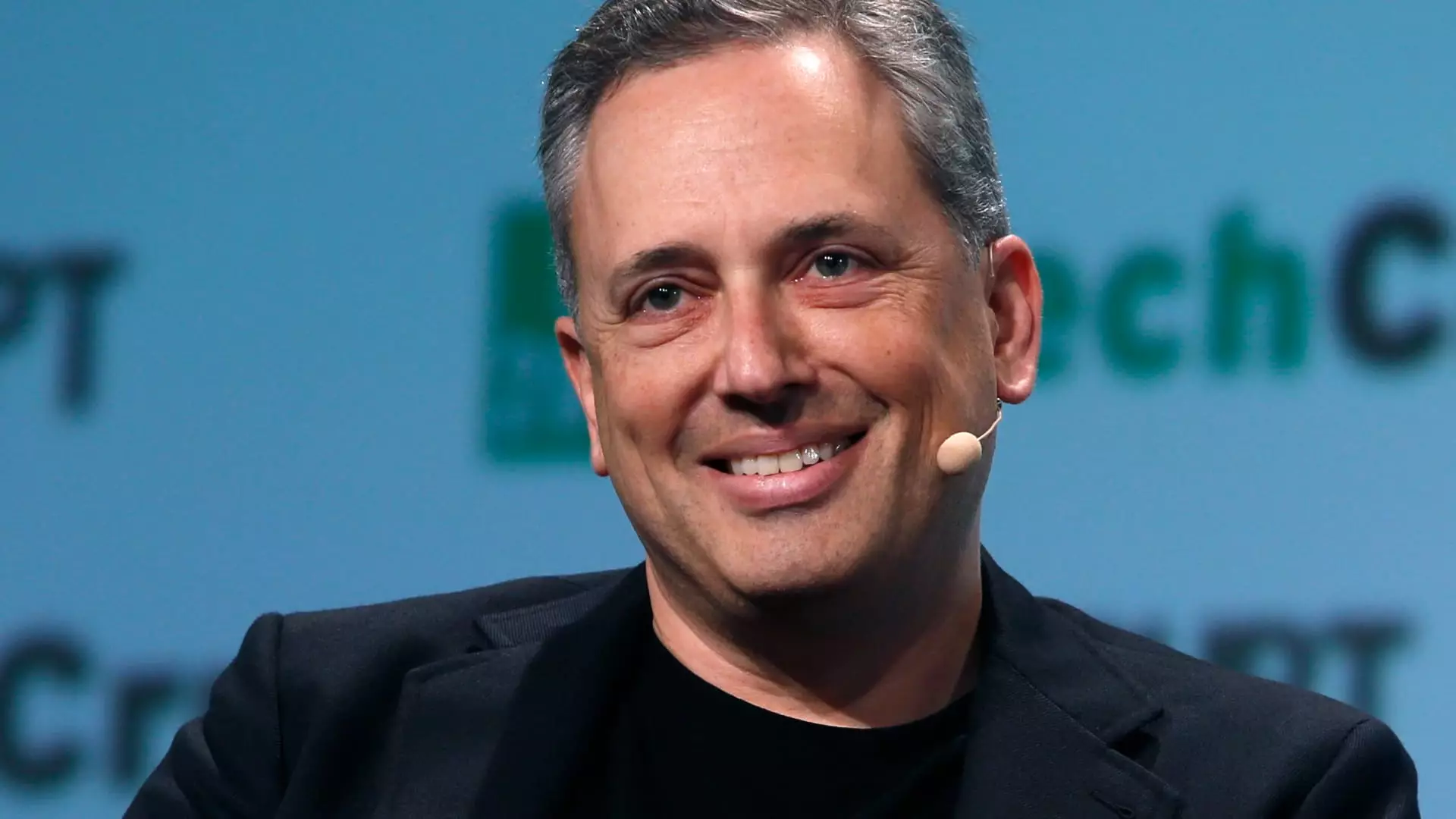David Sacks, a notable venture capitalist and entrepreneur, has made headlines with his recent appointment as the “White House A.I. & Crypto Czar” under President-elect Donald Trump. Best known for his role in the sale of Yammer to Microsoft for a staggering $1.2 billion, Sacks is part of the influential “PayPal mafia,” a term used to describe a group of successful tech entrepreneurs who once worked at PayPal. His credentials seem robust, but the trajectory of his political alignment has raised eyebrows and stirred debates about his suitability for the position.
The announcement of Sacks’ role comes after a notable shift in his public opinions. In the aftermath of the January 6 Capitol riot, Sacks publicly criticized Trump, declaring that the former president had “disqualified himself from being a candidate at a national level.” This statement paints a picture of a man disillusioned by the actions of the administration he is now aligned with. The apparent inconsistency raises questions about authenticity and whether Sacks’ recent support for Trump is genuinely aligned with his principles or merely a strategic pivot to curry favor with a new political landscape.
Sacks’ appointment signals a clear strategic direction for the upcoming administration, particularly concerning artificial intelligence and cryptocurrency. Trump’s announcement underscores intentions to establish a robust legal framework for cryptocurrencies, aiming to put the United States at the forefront of this burgeoning sector. The expectation that Sacks will lead a council of science and technology advisors speaks to the importance placed on these sectors by the administration—areas that are essential for economic growth and innovation. However, one must question the potential influence of lobbying by Silicon Valley powers throughout this process, as Sacks’ connections in the tech industry could lead to prioritizing corporate interests over public welfare.
Sacks has expressed intentions to safeguard free speech online and combat perceived Big Tech censorship—a priority for many supporters of cryptocurrency and certain conservative circles. While the intention to uphold free speech resonates widely, it brings forth a myriad of complexities. The intersection of technology governance and constitutional rights necessitates a delicate balance. The risks lie in overshadowing essential regulatory measures aimed at protecting consumers and promoting ethical standards, as unchecked free speech could lead to the proliferation of misinformation and harmful content online.
As the Trump administration prepares to embrace Sacks’ leadership in matters of artificial intelligence and cryptocurrency, the future appears uncertain. While his return to Trump’s favor indicates a significant shift in political dynamics within Silicon Valley, critics remain vigilant about the implications of his appointment. The tension between innovation and regulation, alongside Sacks’ previously vocal criticisms of Trump, raises critical questions about authenticity, bias, and the overarching influence of tech moguls in shaping public policy. As his term begins, all eyes will be on Sacks to see if he can transcend past criticisms and navigate the intricacies of a volatile political landscape while genuinely championing the interests of all American citizens.



Leave a Reply